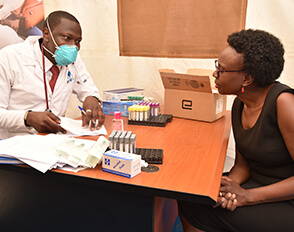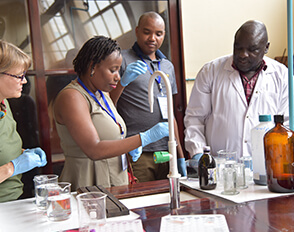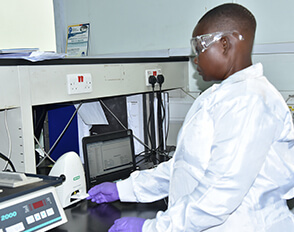TB may be history in Uganda sooner than 2035
Every year the world commemorates World TB Day on March 24th, the day in 1882 when Dr. Robert Koch announced the discovery of the bacterium that causes Tuberculosis (TB). The day is normally held with a lot of public engagement to raise awareness about the devasting health consequences of TB. This year, due to the raging COVI-19 pandemic, there were no public engagement activities held. However, the global TB community still worked to raise awareness about the devastating health, social and economic consequences of Tuberculosis (TB) through many virtual forums.
As part of this effort, the Journal of the International AIDS Society (JIAS) launched a special virtual issue titled “The TB-HIV Syndemic: It’s time to turn the tide” in which it featured a collection of articles reflecting on issues related to the burden of TB among PLHIV. Among these was an article written by our research team entitled “Anti–retroviral therapy scale-up and its impact on sex-stratified tuberculosis notification trends in Uganda.” which had been initially published by JIAS on 16th September 2019.
This article examined the effect of the past nine years of ART scale up on the population level trends of TB notification in Uganda and found that although Uganda had registered a decline in TB notification rates during this time, additional interventions would be required in order to eliminate TB as a public health threat by 2035.
We would like to congratulate the team that drafted this manuscript led by Dr. Stella Zawedde-Muyanja for continuing to shine the spotlight on the world’s biggest infectious disease killer and for reminding all of us about the additional work that must be done in order to end the TB epidemic.
This articles and others in this year’s JIAS World TB Day virtual edition can be accessed via the link below http://bit.lyl3b4po2k #World TB DAY.
By Winfred Nyapendi.






